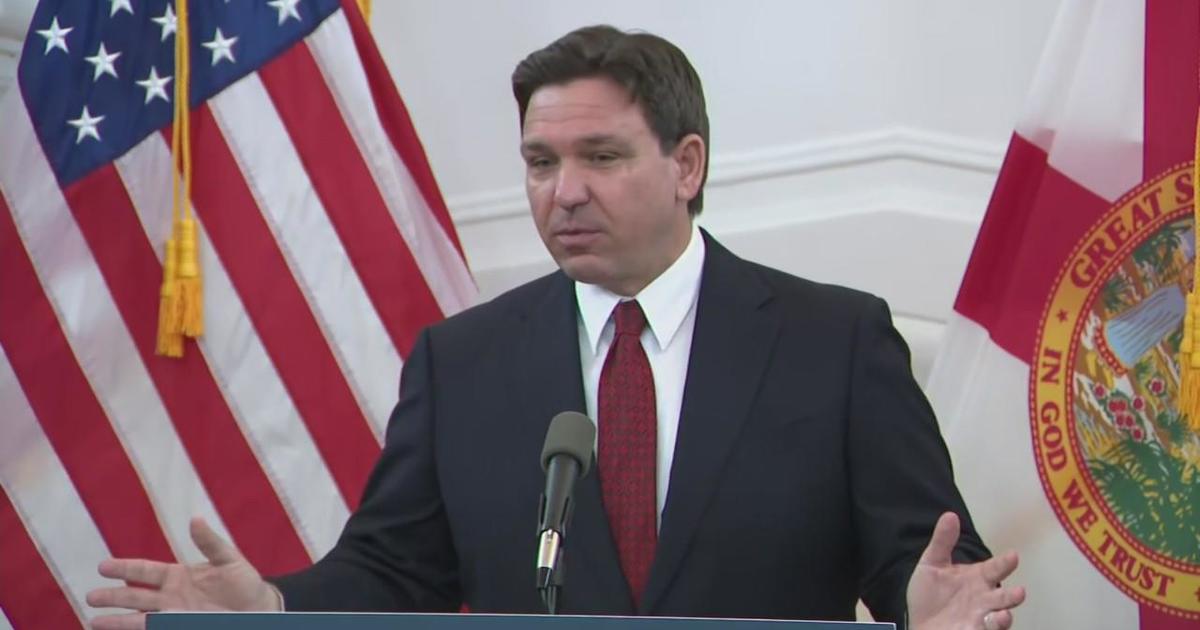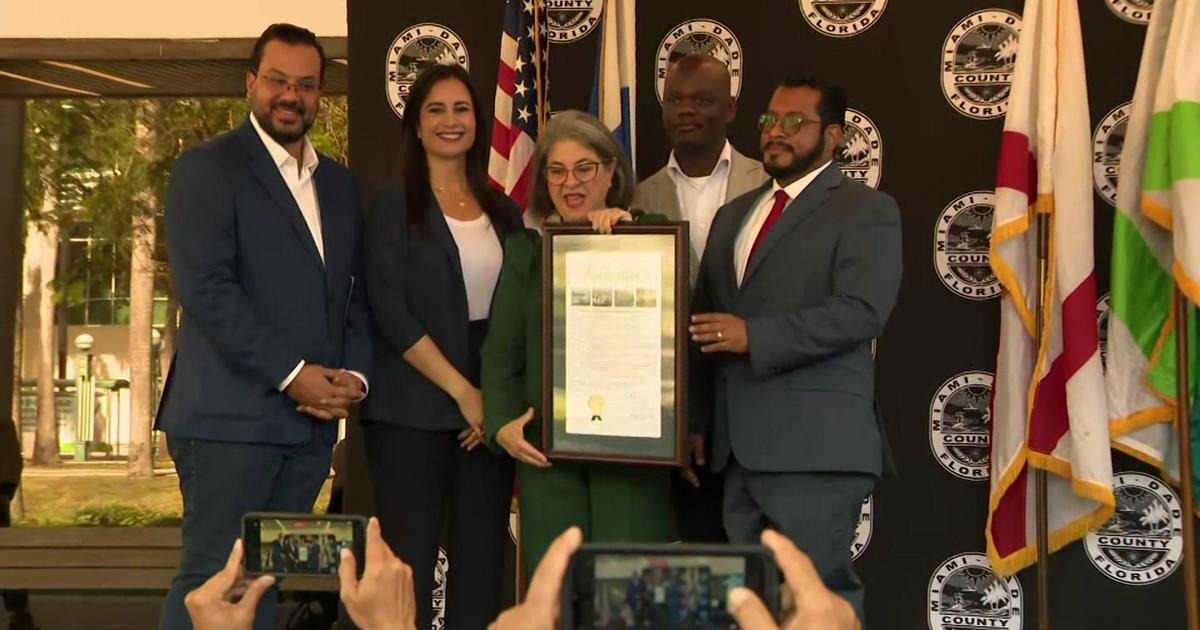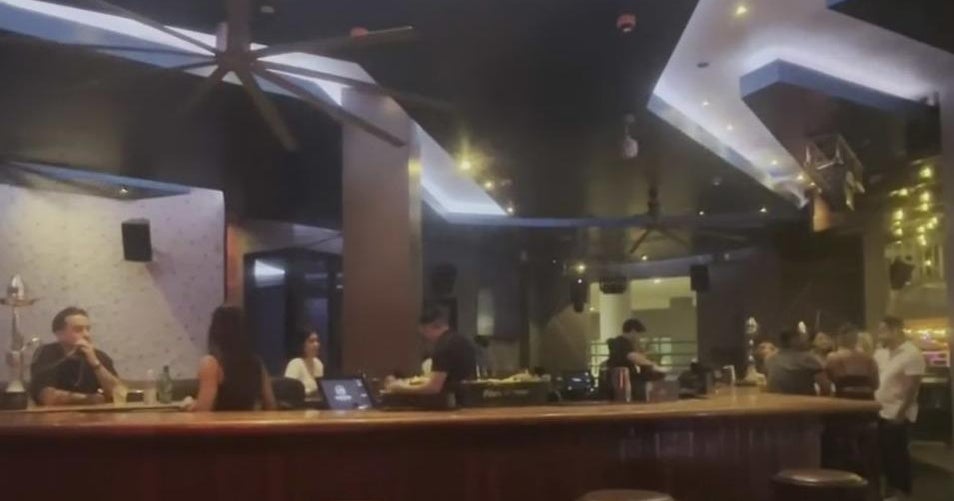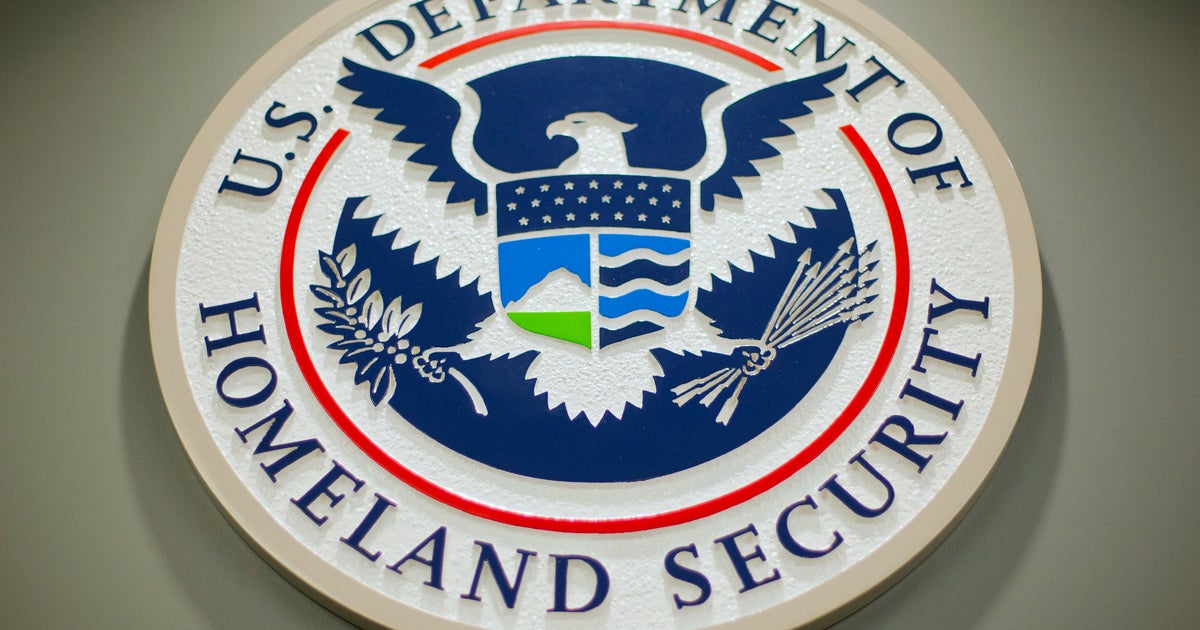U.S. Urges Travelers Not To Visit Cuba After Sonic Threat
Follow CBSMIAMI.COM: Facebook | Twitter
MIAMI (CBSMiami) -- Barely two years after the U.S. opened an embassy in Havana and Cuba opened an embassy in Washington, the thaw in American-Cuban relations has hit a major chill.
The Trump administration Friday said it is recalling most of its diplomats from Cuba after a series of mysterious sonic blasts have left nearly two dozen of them or their family members with injuries ranging from hearing loss to even mild brain damage.
The U.S. Friday urged citizens not to travel to Cuba because of the sonic threat.
The Cuban government denies being behind the attacks. The United States has not directly accused the regime, but to Republican Senator Marco Rubio of Florida, there's no doubt.
"Cuba is the most closely-controlled country in the hemisphere, and one of the most closely-monitored societies in the world. The idea that you could attack close to two dozen Americans and the Cuban government not know about it is ridiculous," Rubio said in Miami Friday.
At the annual awards meeting of the Latin Builders Association, most businessmen viewed President Obama's detente with Cuba as one-sided, with the regime having its way with the U.S.
"I think the steps we took to opening Cuba, without getting anything on our side, we took them too early," said Alex Lastra, president of the Latin Builders Association. "I am supportive of not opening communications with Cuba."
He added that he supported the Trump administration's decision to withdraw diplomats and issue a travel warning.
As for that caution against travel to Cuba, crowds to catch flights to Havana Friday at Miami International Airport showed it being largely ignored.
"I think it's nonsense. I think we should be able to go, especially those of us who have family in Cuba," said Osmany Rojas, waiting to board an American Airlines flight to Havana. "My family is where the hurricane hit, so I am going to go see them. I really don't care about some conspiracy theory about sonic attacks."
The general feeling among travelers was the attacks have targeted U.S. officials, not Americans who are spending lots of dollars on the island.
Democratic U.S. Senator Bill Nelson of Florida issued a statement echoing his Republican counterpart's opinion regarding the Cuban regime. Nelson said the Cuban government had failed in its obligation to protect American diplomats, and that the number of diplomats in the Cuban embassy in Washington should be reduced by the same number as the U.S. is now being forced to cut in Havana.
Diplomats have complained about symptoms ranging from hearing loss and nausea to headaches and balancing issues since 2016. The department said some even had cognitive issues and difficulty sleeping.
The State Department issued a statement on the matter Friday saying in part:
"The Governments of the United States and Cuba have not yet identified the responsible party, but the Government of Cuba is responsible for taking all appropriate steps to prevent attacks on our diplomatic personnel and U.S. citizens in Cuba."
The attacks happened in U.S. diplomatic residences and hotels frequented by U.S. citizens.
In total, the U.S. State Department says there are about 21 confirmed medical cases.
Due to the recent changes, the embassy will only provide emergency services to U.S. citizens in the island nation. Those who need assistance should call the Embassy by at +(53)(7) 839-4100 or the Department of State at 1-202-501-4444. U.S. citizens are asked to not go to the embassy.



